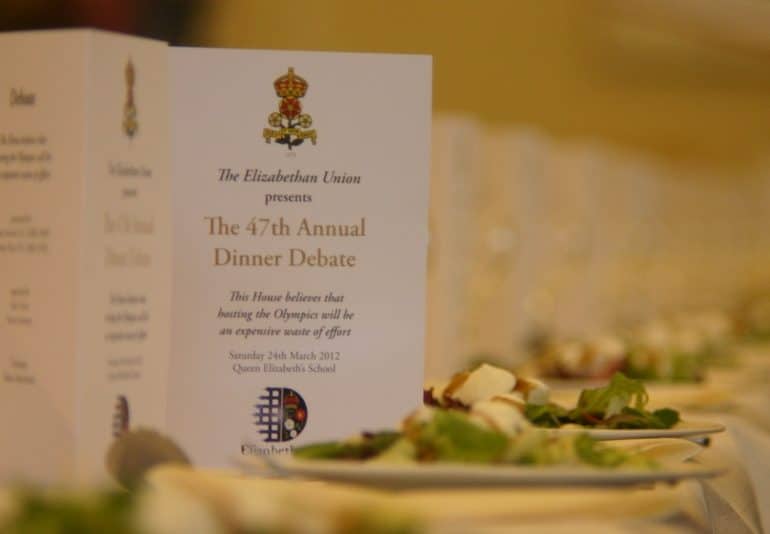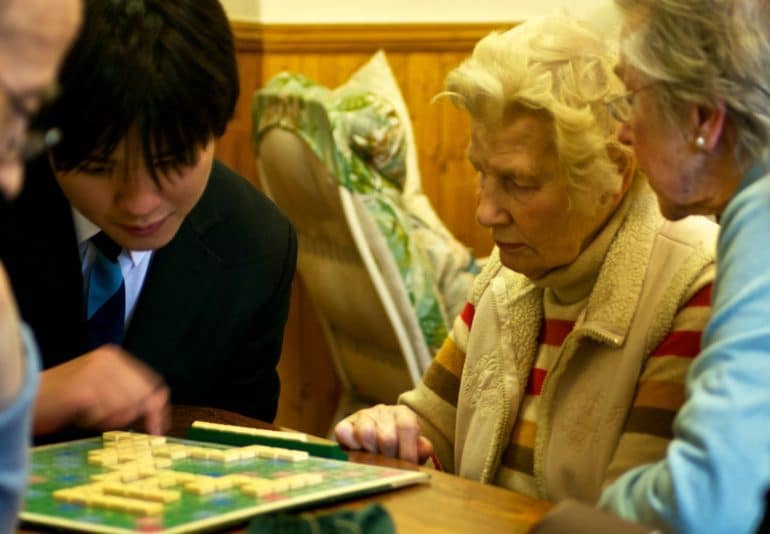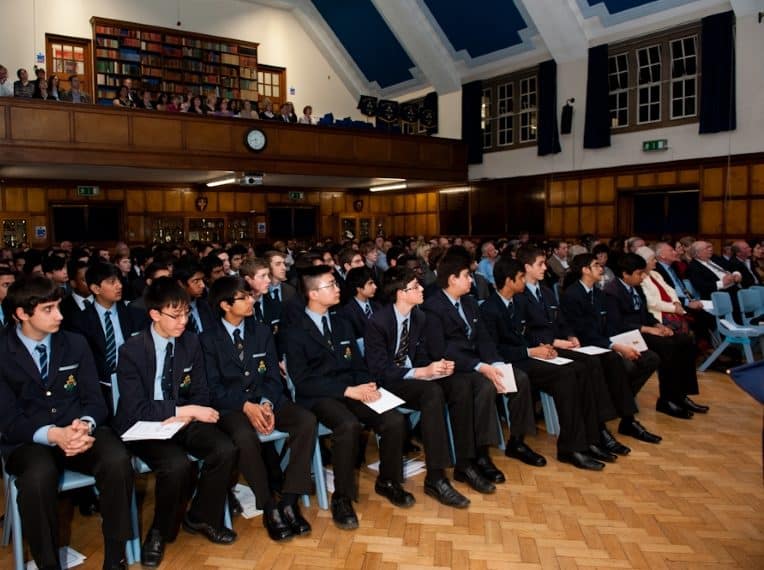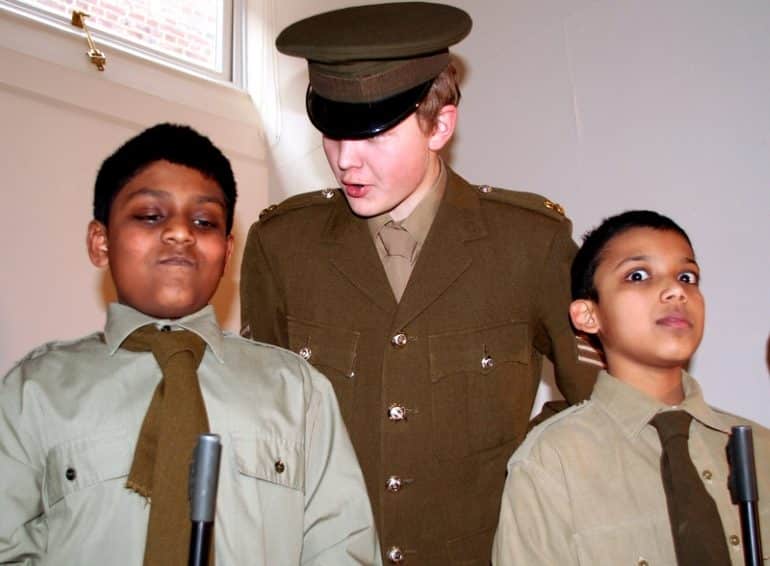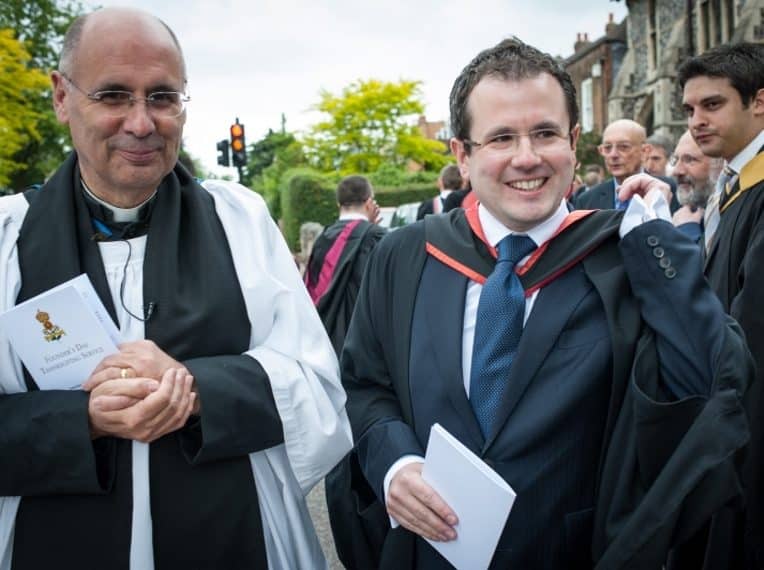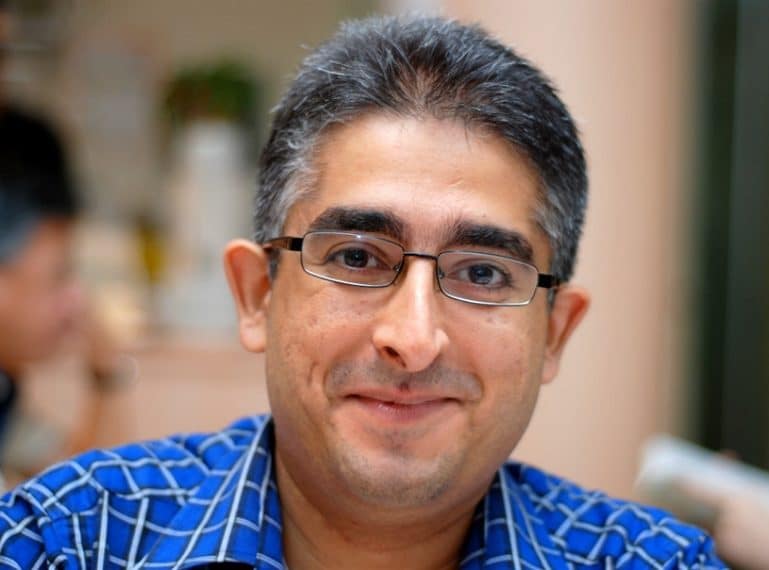
The seeds of Neil Madhvani’s later career success were sown while he was still at QE, where, remarkably, he launched a string of technology businesses.
Neil (OE 1992 – 1999), who got married last year, is currently enjoying life in Singapore as a technology systems manager for the global investment bank, UBS.
He was ‘tech-savvy’ from an early age, attending Northwood Computer Tutorial Centre (now Ryde College) between 1990 and 1992, where he completed a GCSE in Computing at the age of 10 and an A-level in Computer Science at 11.
Neil recalls how he set up his first business, Starlight Technologies, at QE when he was just 14 or 15: “I realised that personal computers at that time were expensive, so it was easier to customise them using different parts and then sell them to customers at a profit.” Marketing by word of mouth alone, he ran the business successfully for five or six years.
By the time he reached the Lower Sixth, Neil was ready for an additional entrepreneurial adventure. This time it was the burgeoning mobile phone market that caught his eye. Before the days when pay-as-you-go became common, Neil identified this as a gap in the market. Together with a friend, he sold ‘pre-prepared’ mobile phones, arranging contracts with Orange so that the customer didn’t have to. Neil initially combined this with his duties as a Prefect and School Lieutenant, not to mention his A-level studies: he gained straight As in Mathematics, Physics, Economics and German. He remembers his time at QE fondly and says that he “got a lot of support from Eamonn Harris and John Marincowitz”.
This business expanded so that Neil was able to open a shop in Potters Bar, which he and his friend ran for six years. They even managed to set up and run another business – an internet firm supplying mobile phones called Time2Talk.
In 1999, Neil took a gap year and worked for Logica, the technology company. The following year, still running the businesses he had started at School, he took up a place at Imperial College to read Information Systems Engineering. After graduating in 2004, he joined UBS in London. For the next few years, he enjoyed travelling all over the world during his holidays, especially to the Far East.
In 2007, the bank offered him a position in Singapore, which he gladly accepted. As he says on his own website, http://neil.be/ : “I loved visiting South East Asia so much that in August 2007 I decided to move to the region. Being based in Singapore makes it so much easier to explore beautiful and culturally diverse destinations regularly!”
Neil uses social media to keep in touch with friends, including fellow QE alumni, all around the world. An enthusiast of underground and metro public transport systems, he also enjoys photography and listening to music (from electronic, ambient and trance to jazz and classical) as well as running, cycling and hiking.

